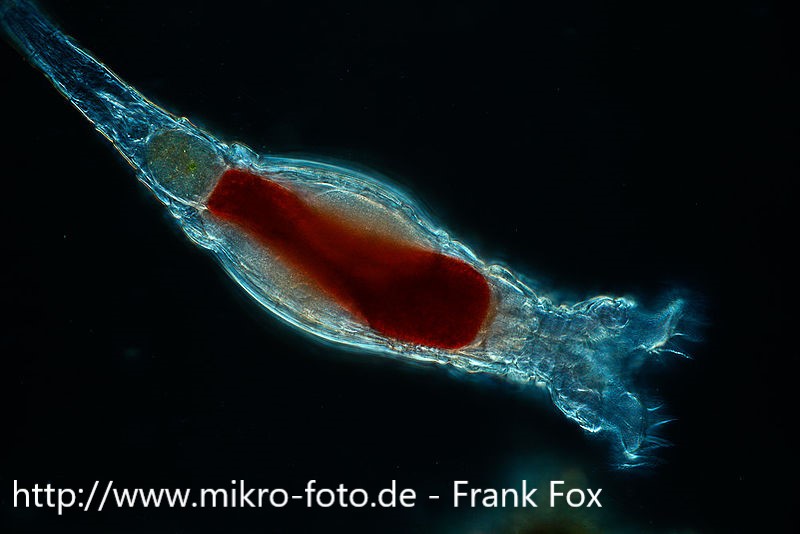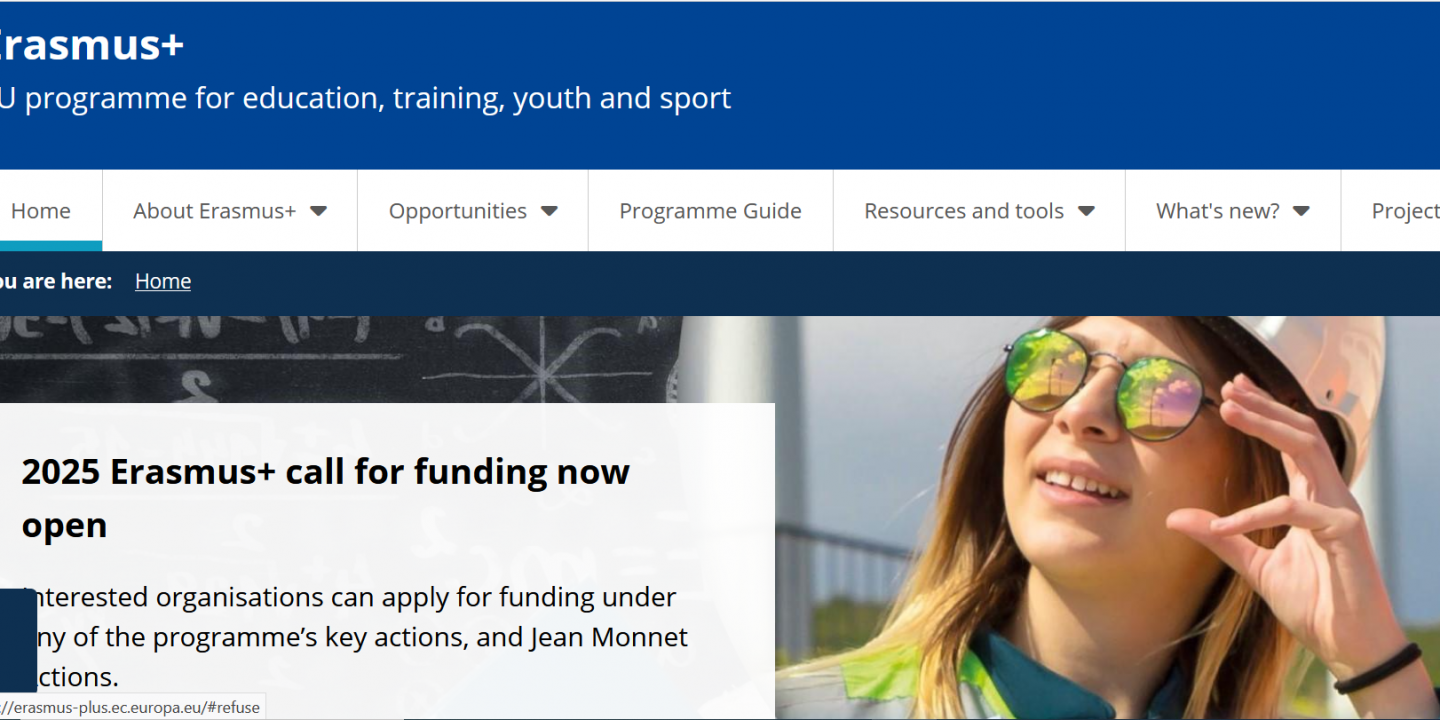CEG has a long standing tradition of hosting Erasmus students for an internship. This year we also had two students visiting us from Sardinia during the summer. “Erasmus+ is the EU’s program to support education, training, youth and sport in Europe.” It is a program that facilities knowledge exchange across Europe by enabling mobility of school pupils, students, scholars and staff across Europe (and much more). It is a great opportunity to learn something new and to gain intercultural competence. On a private note, one of our daughters participated in such an exchange between Dutch and Norwegian schools and she and we had a great experience with it. This year, she will participate again at an exchange with her school, this time with a school in Italy. We as a family are looking forward to host the young guest from Italy. But now back to the students visiting our research group this year.
Sara and Giulia arrived in May and joined us for field trip to Germany. More details of the field trip were provided by Ana earlier this year. The primary goal was to sample very small animal species called meiofauna for the InvertOmics project. Another goal was to train Sara, Giulia and Ana on how to collect different groups of meiofauna in general. Ana had just started as technician in the new MeioSkag project, which aims to map meiofauna in the Skagerrak. In their internship, Sara and Giulia also contributed to this by assisting us (and especially Ana) in this project. They took samples in the field and sorted them in the lab.

Additionally, Sara and Giulia did not only do fieldwork during their internship but also assisted in the molecular lab work of the InvertOmics project. Here, they also worked on these small animals. For this, they did not work on the samples we collected on the North Sea island at their beginning of their internship but on different rotifer species. These we had gotten earlier from Wilko Ahlrichs, a German collaborator at the University of Oldenburg.
As the rotifers are tiny animals, often less than 0.5 mm, they do not have much DNA in their bodies. They definitively have too little DNA to be used directly for modern sequencing approaches. Hence, they are challenging species for modern biodiversity genomic initiatives aiming at sequencing genomes of each species on Earth. To still be able to determine their genomes, we need to amplify the whole genome. With collaborators at the University of Alabama, we had explored the RepliG kit in this respect and it provided satisfactory results (a post on this will soon come as the paper is accepted by Genome Biology and Evolution).
Sara and Giulia applied now two different RepliG kits (Advanced and Standard) to a total of 52 samples from 11 species. They had good success with it and found something interesting. Intuitively, one would expect that Advanced provides better results than Standard. In their case, the Advanced generated longer average fragment lengths by 25%. So far as expected. However, the obtained amount was with 120% substantially higher with the Standard kit than with the Advanced one. Hence, the Standard kit was actually better suited for these animals than the Advanced one. Modern sequencing technology is in high demand and therefore it can always take some time before one gets the actual sequencing results. We expect these tomorrow, Monday December 9th. Then we will see how the work by Sara and Giulia performed in the actual sequencing process. I keep my fingers crossed for some nice early Christmas presents.
However, Sara and Giulia’s internship did not end there. At the end of the internship, they also worked on sequencing data of another rotifer, we had in our lab. They learned how to assemble these data and how to assess their quality. I can only thank both for the effort and dedication they put into their internship and they are two very amazing and bright students. Hence, if you are looking for strong PhD students please get in touch with me and I will see if they are interested in talking to you.
![]()
